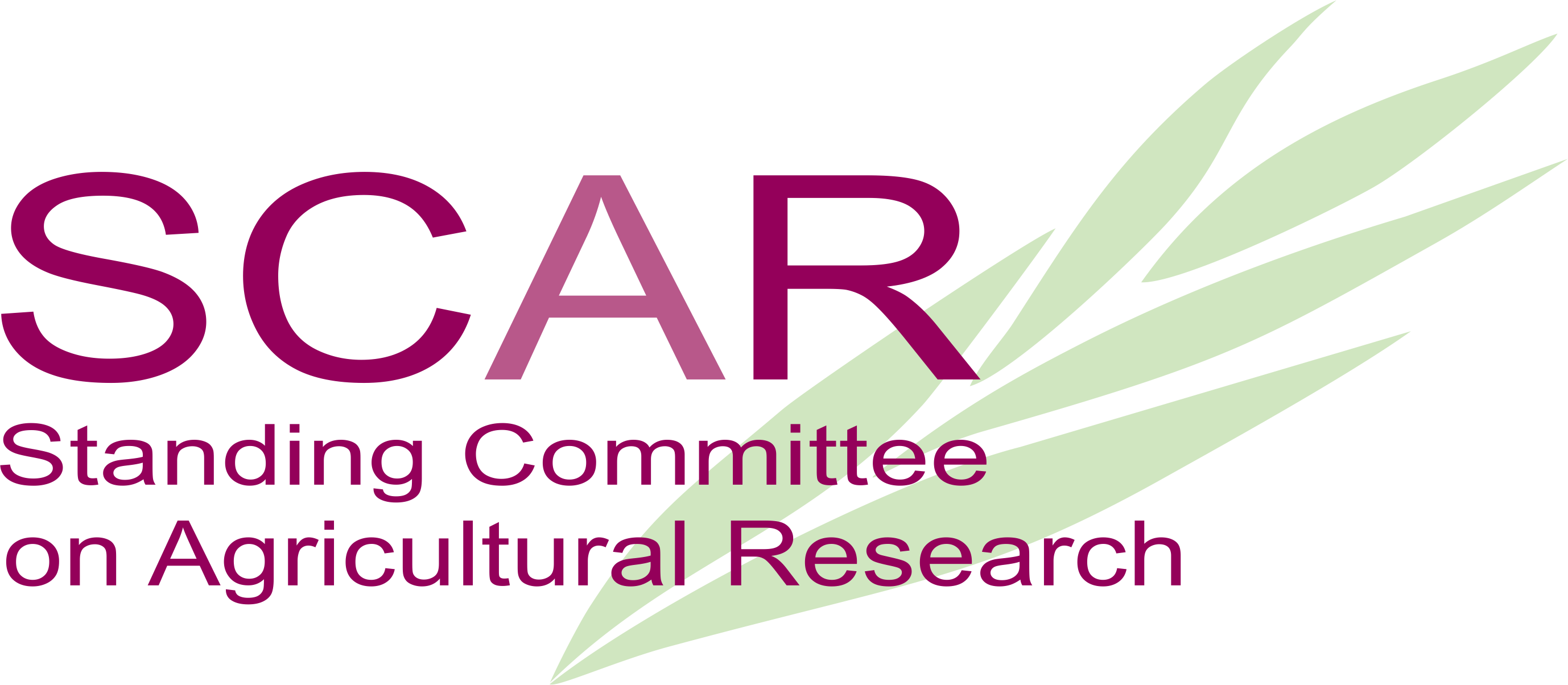AGROECOLOGY | AKIS | ARCH | BIOECONOMY | FISH | FOOD SYSTEMS | FOREST |
|
Maeve Henchion(MAgrSc, PhD) |
Maeve is Head of the Department of Agrifood Business and Spatial Analysis within Teagasc. This is a multidisciplinary research department which aims to provide a knowledge base to enhance policy development at national and EU level in support of the the agri-food sector and wider bioeconomy and to support informed decision making by farmers, food businesses and consumers. In addition, as a Principal Research Officer, Maeve leads a research programme that largely operates at the interface between the social and life sciences. She has a particular interest in bioeconomy-related research in recent years, addressing issues relating to national policy development, research commercialisation, and sustainability. She recently coordinated a research project that provided the underpinning knowledge to develop a national bioeconomy strategy in Ireland. A significant activity in this project involved a collaborative stakeholder visioning workshop with the Department of the Taoiseach (Prime Minister’s Office) to inform the national policy statement on the bioeconomy. Related to this, Maeve also led Teagasc’s submission to the Department of the Taoiseach on the future direction of the bioeconomy in Ireland, highlighting the importance of bioresources to its development. As EU level, in addition to being lead Irish PI on CASA, Maeve is lead Irish PI for the CommBeBiz project that aims to bridge the gap between research and industry and thus support the commercialisation of EU-funded bioeconomy research. Arising from this, she is very aware of the challenges, and potential solutions, to exploiting bioeconomy research for economic, environmental and social gain. In 2017, she was awarded funding as a lead investigator of a multi-million euro national bioeconomy research centre (co-funded by industry) to focus on consumer and citizen perspectives in relation to the bioeconomy. Maeve’s other research interests include consumer and industry acceptance of novel food technologies, innovation management, and technology transfer. One of her research goals is to continue to highlight the role of social science research in inter- and trans-disciplinary approaches to addressing “grand” challenges such as climate change, food security and obesity. |



